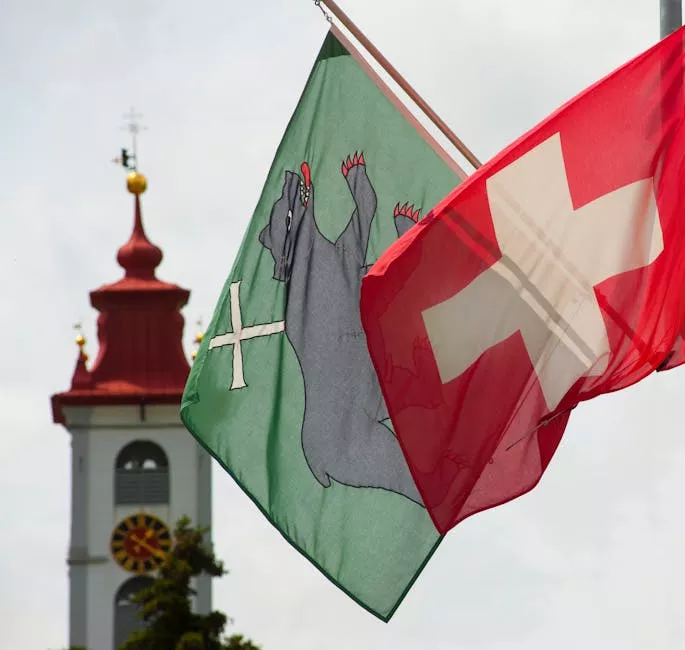German Government Crisis Looms Over Pension Reform Rebellion
Young conservative politicians are challenging Chancellor Merz's pension reforms, threatening government stability as Germany grapples with demographic crisis.

Germany's political landscape is experiencing unprecedented turbulence as Chancellor Friedrich Merz faces a mounting rebellion from within his own conservative ranks over controversial pension reforms. The dispute, which has emerged as a critical test of leadership, threatens to destabilize the government and highlights the deepening generational divide in European politics.
The Heart of the Conflict
Young conservative politicians within Merz's Christian Democratic Union (CDU) are openly challenging their leader's approach to pension reform, framing their opposition around the concept of "intergenerational justice." The rebellion reflects broader concerns about Germany's demographic transition, as the country struggles to maintain its social security system amid a rapidly aging population and declining birth rates.
The proposed reforms have become a lightning rod for tensions between different age cohorts within the conservative movement. Younger politicians argue that current pension policies unfairly burden future generations with unsustainable financial obligations, while traditional conservatives worry about alienating older voters who form a crucial part of their electoral base.
Demographic Pressure Points
Germany's demographic crisis has reached a critical juncture, with over 22% of the population now aged 65 or older. This demographic shift places enormous strain on the country's pay-as-you-go pension system, where current workers fund retirees' benefits. Economic projections suggest that without significant reforms, the system could face insolvency within the next two decades.
The financial mathematics are stark: by 2035, Germany is expected to have only 1.6 workers supporting each retiree, compared to 3.5 workers per retiree in 1995. This dramatic shift has forced policymakers to confront uncomfortable choices between raising retirement ages, increasing contributions, or reducing benefits.
Political Ramifications
The internal conservative revolt carries significant implications for Germany's broader political stability. As Europe's largest economy and a key player in EU decision-making, German political uncertainty could reverberate across the continent. The pension dispute also reflects wider European challenges, as most EU nations grapple with similar demographic transitions.
Chancellor Merz's ability to maintain party unity will be crucial for his government's survival and Germany's continued leadership role in European affairs. The rebellion highlights the increasingly complex nature of coalition politics in modern Germany, where traditional party loyalties are being tested by generational and ideological divisions.
Looking Forward
The outcome of this pension dispute will likely shape Germany's political landscape for years to come. Success in navigating the crisis could strengthen Merz's position, while failure might open the door for opposition parties to capitalize on conservative disunity. The resolution will also serve as a test case for how European democracies can address long-term demographic challenges while maintaining political cohesion.






